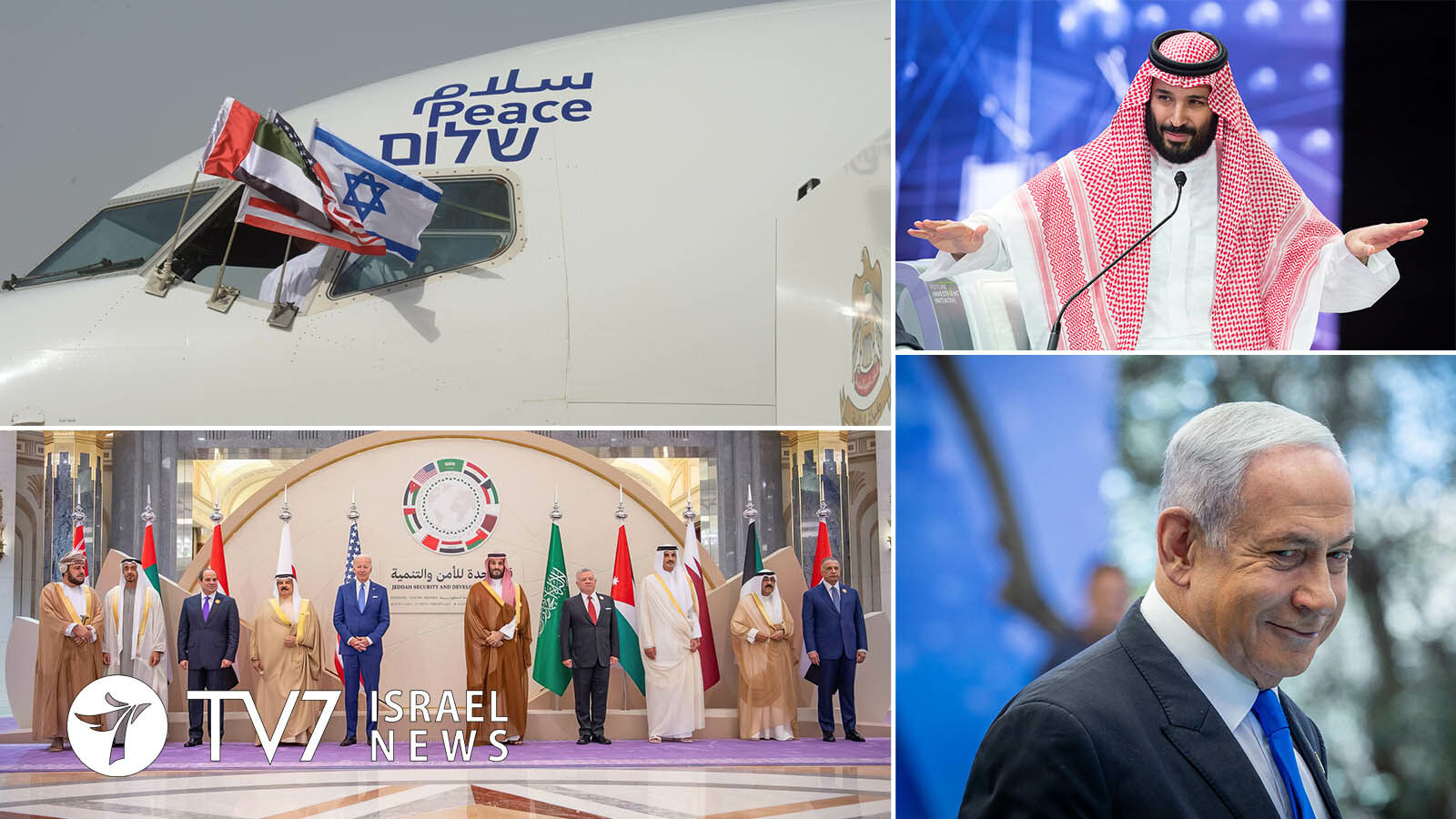Secretary of State Antony Blinken made the statement as part of a congratulatory message to Israel on its Independence Day.
By Erin Viner
“On behalf of the United States of America, I want to offer congratulations to all Israelis on the 75th anniversary of Israel’s statehood,” said Washington’s top diplomat.
“Ever since President [Harry] Truman recognized the State of Israel just minutes after the Israeli Declaration of Independence, our countries have shared a special friendship rooted in shared interests and democratic values,” said a State Department communiqué obtained by TV7.
“Over the last 75 years, the United States and Israel have built a partnership that transcends politics and benefits the people of both nations. We see that in our scientific and technology cooperation, economic investment, and security collaboration, among many other areas,” added Secretary Blinken.
The US “will continue to work together to advance Israel’s integration into the region, which is central to the vision of a more peaceful, secure, and prosperous future for the people of the Middle East,” he said.
The United States
Morocco became the 6th Arab League nation to normalize relations with Israel on 22 December 2020, following similar US-brokered pacts with the United Arab Emirates and Bahrain in September and Sudan in October that same year. The first Arab state to sign a peace treaty with Israel was Egypt in 1979, and the Hashemite Kingdom of Jordan in 1994.
“As we seek to promote peace and prosperity in the region, we will also remain unwavering in our commitment to Israel’s security and democracy, endeavoring to strengthen further the decades-old US-Israel bond,” reaffirmed Secretary Blinken, who concluded his message with the Hebrew greeting, “Yom Ha’Atzmaut Sameach,” meaning “Happy Independence Day.”
The administration of United States President Joe Biden has long advocated a commitment to a Two-State Solution to the Israeli-Palestinian conflict.
The Two-State solution to the Mideast conflict dates back to pre-state Israel. Arab leaders rejected both the 1937 Peel Commission and the 1947 United Nations Partition Plan for separate homelands. The UN General Assembly has steadily advocated a Two-State solution since the 1970s, but the Palestinians refused to endorse Israel’s right to exist until an indirect acknowledgement in their 1988 Declaration of Independence. Most peace negotiations since that time have been based on a Two-State solution, which was further anchored by the 2002 Saudi Arab Peace Initiative and subsequent UN Security Council Resolution 1397 that same year. The last attempted peace talks between the sides featuring the concept was in 2013-2014 during the administration of then-US President Barack Obama.
